The United States Department of Justice (DOJ) has conducted in-person interviews with Ghislaine Maxwell — Jeffrey Epstein’s long-time associate and convicted co-conspirator.
The interaction, which began on Thursday, and is scheduled to continue, took place inside the low-security federal prison in Tallahassee, Florida, where Maxwell is serving a 20-year sentence.
The renewed government focus on Maxwell is taking place under mounting public and political pressure, particularly after US President Donald Trump’s campaign promise last year to fully declassify documents related to Epstein.
As suspicions and demands for transparency grow, Maxwell’s testimony may prove pivotal in illuminating how Epstein’s network operated for decades with high-profile connections and little scrutiny.
What happened during the Maxwell interview?
Maxwell’s lawyer, David Markus, confirmed the meeting took place on Thursday and described it as “very productive.”
According to Markus, the exchange between his client and US Deputy Attorney General Todd Blanche was thorough and sustained.
“She answered every one of them,” Markus said, referring to the numerous questions Maxwell faced during the all-day session.
“She never did say I’m not going to answer, never declined.” He added that it was “a good day” and that he was “thankful” Blanche made the effort to speak with her directly.
Blanche, who had previously served as Trump’s personal attorney before joining the DOJ, publicly acknowledged the meeting through a brief statement on X, “Today, I met with Ghislaine Maxwell, and I will continue my interview of her tomorrow. The Department of Justice will share additional information about what we learned at the appropriate time,” Blanche wrote.
Today, I met with Ghislaine Maxwell, and I will continue my interview of her tomorrow. The Department of Justice will share additional information about what we learned at the appropriate time.
— Todd Blanche (@DAGToddBlanche) July 24, 2025
Sources say Blanche intends to ask Maxwell for any information she may possess about other individuals who may have participated in or benefitted from Epstein’s abuse of minors.
The DOJ has not commented on the specific scope of questioning or what further steps may follow.
Why is the Jefferey Epstein case in the spotlight?
The involvement of Blanche in this highly sensitive case has drawn criticism from key Democratic figures.
Senate Minority Leader Chuck Schumer condemned the decision to send Blanche — given his personal history with Trump — to conduct the Maxwell interviews, stating: “The conflict of interest is glaring. It stinks of high corruption.”
Trump, addressing the controversy on Truth Social, dismissed renewed attention on Epstein as a political manoeuver. He wrote that the issue was a “SCAM” and a “Democrat CON JOB,” asserting that it was an attempt by his opponents to deflect from the achievements of his administration’s current term.
These comments came as calls from both citizens and lawmakers — including supporters of Trump — grew louder for the DOJ to make Epstein-related files public.
The Wall Street Journal also reported that US Attorney General Pam Bondi informed Trump in a classified briefing in May that his name had surfaced in government documents concerning Epstein.
Although the White House disputed the report as inaccurate, an unnamed administration official confirmed to Reuters that while they disagreed with the story’s framing, they were not contesting the factual inclusion of Trump’s name in previously released DOJ records.
Trump has not yet been accused of any criminal involvement in the Epstein case.
The US House of Representatives has become increasingly involved. On Wednesday, a House subcommittee voted to subpoena the Department of Justice for Epstein-related documents. That decision now awaits ratification from the full committee.
Separately, the House Oversight Committee, led by Republicans, has issued a summons for Maxwell to provide remote testimony from prison on August 11.
US House Speaker Mike Johnson has cautioned against placing full faith in Maxwell’s testimony, stating she “cannot be trusted to provide accurate testimony.”
Responding to that characterisation, Markus defended his client, telling BBC: “She would testify truthfully, as she always has said she would,” if she chooses to speak publicly rather than invoke her constitutional right to remain silent.
In another related case development, the DOJ recently requested the unsealing of decades-old grand jury transcripts connected to a 2006 Florida investigation into Epstein.
However, a federal judge denied the motion, leaving key materials shielded from public view for the time being.
What was Ghislaine Maxwell’s role in Epstein’s sex trafficking network?
Ghislaine Noelle Marion Maxwell was born on December 25, 1961, in France and raised in the UK. The daughter of media tycoon Robert Maxwell, she studied at Balliol College, Oxford, and emerged as a fixture in elite London social circles during the 1980s.
Following her father’s death in 1991, she relocated to New York City, where she maintained her socialite lifestyle and eventually became involved with Jeffrey Epstein.
Accounts vary on how and when the pair met. Some suggest the introduction came through Robert Maxwell in the late 1980s, while others report their first encounter happened at a New York event in the early 1990s.
Their relationship began as romantic but evolved into a long-standing partnership that extended until Epstein’s death in 2019 in prison (which was ruled a suicide).
Former associates and court documents portray Maxwell as deeply embedded in Epstein’s personal and professional life.
Employees of Epstein have described her as the person who managed staff, orchestrated travel and operated as his closest confidante.
A 2003 Vanity Fair piece reported that Epstein referred to Maxwell as “my best friend.” She also functioned as his pilot on several occasions, flying him to his private island in the Caribbean.
Maxwell’s associations extended beyond Epstein. She is known to have maintained friendships with public figures including Prince Andrew, Duke of York — whom she introduced to Epstein — as well as prominent American leaders like Bill Clinton and Donald Trump.
In 2000, Maxwell and Epstein were guests at a party hosted by Prince Andrew at the Queen’s Sandringham estate in the UK.
Despite Epstein’s 2008 conviction for procuring a minor for prostitution, Maxwell remained visible in social scenes for several more years. By 2015, however, she began withdrawing from public life as allegations against her grew louder.
What happened after Maxwell was arrested?
In July 2020, FBI agents arrested Maxwell in Bradford, New Hampshire. Her location was traced using an IMSI-catcher device, which tracked her mobile calls to family members, her husband, and a legal representative.
Prosecutors in the Southern District of New York charged her with multiple crimes, including sex trafficking of minors, enticement, and perjury.
Court documents stated that between 1994 and 1997, Maxwell helped Epstein abuse multiple underage girls, one of whom was only 14 at the time.
Her requests for bail were repeatedly denied due to her “completely opaque” financial dealings, her ability to evade capture, and her dual citizenship in France and the UK — both countries that do not extradite nationals.
In December 2021, a jury convicted her on five of six counts, including sex trafficking of a minor, conspiracy to transport minors for illegal sexual activity, and conspiracy to commit sex trafficking.
She was acquitted on one count of enticing a minor to travel for unlawful sexual acts.
Maxwell was sentenced to 20 years in prison in June 2022 — prosecutors had requested at least 30 years. In the days leading up to her sentencing, she was placed on suicide watch but denied being suicidal. Her legal team’s request for a delay was rejected.
Her appeal to the US Second Circuit Court of Appeals was rejected in September 2024. Her lawyers have since indicated their intention to bring the matter before the US Supreme Court.
She is scheduled for release in July 2037 and is currently incarcerated at the Federal Correctional Institution in Tallahassee.
With her cooperation now formally initiated through direct DOJ interviews, questions remain as to how forthcoming Maxwell will be in detailing Epstein’s network, including the identities of those who may have participated or enabled the crimes.
While federal officials continue to deny the existence of a definitive “client list,” the push for a complete disclosure is increasing.
With inputs from agencies


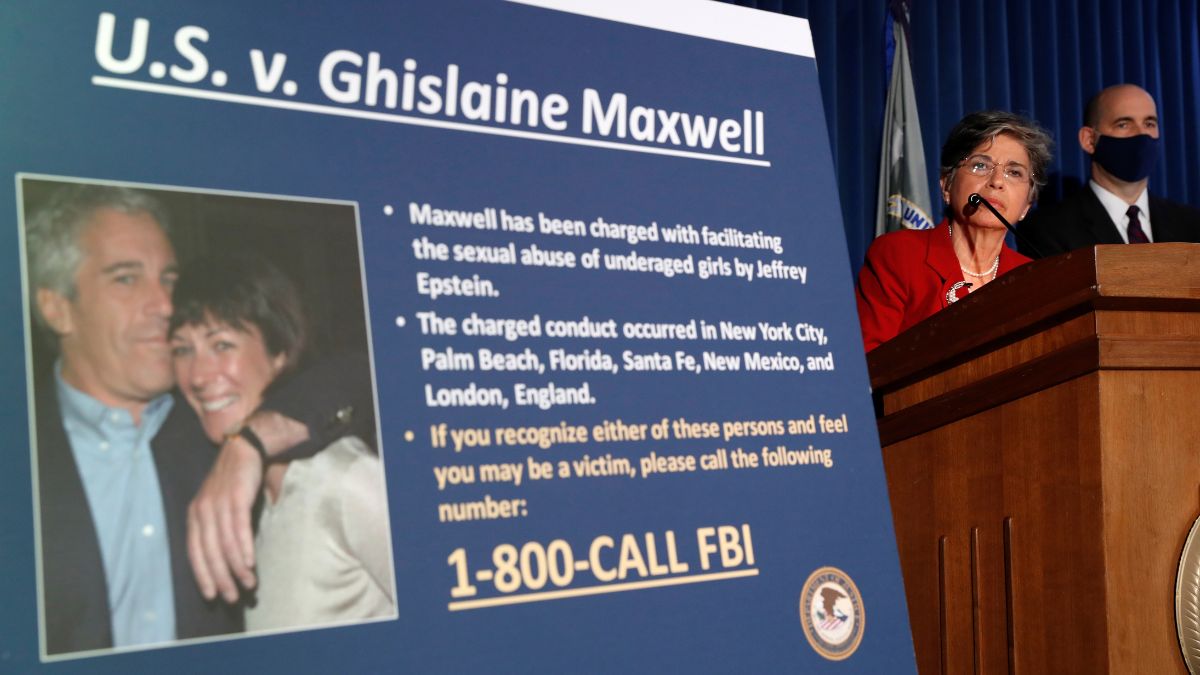)
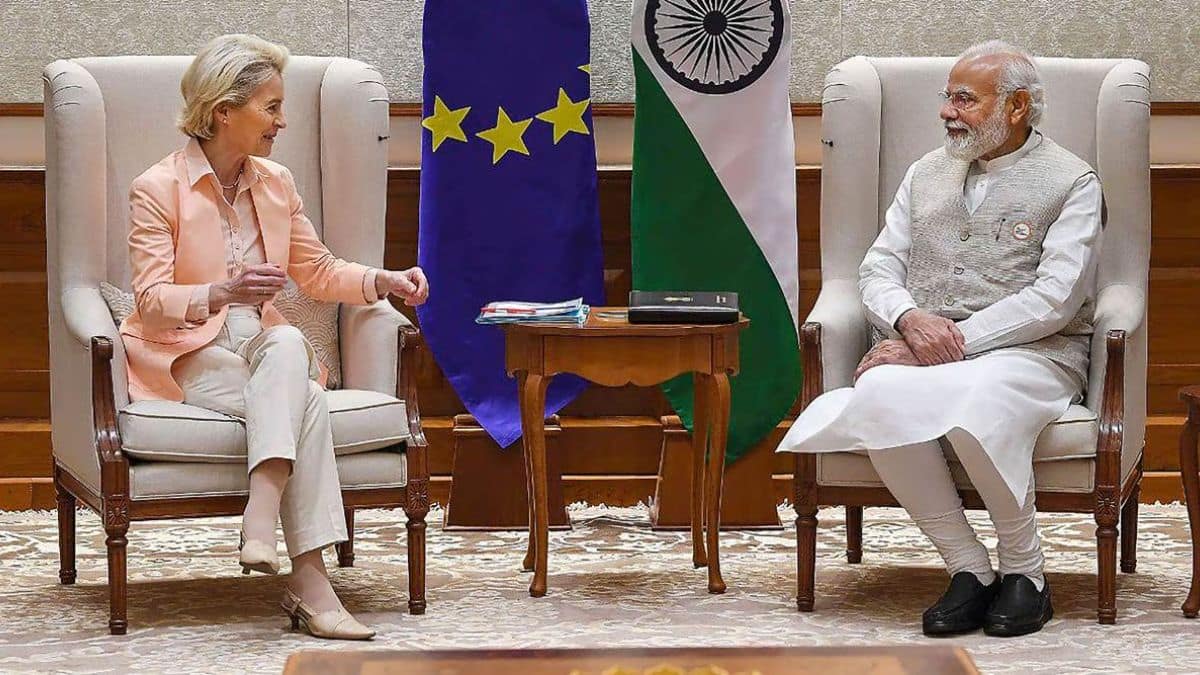
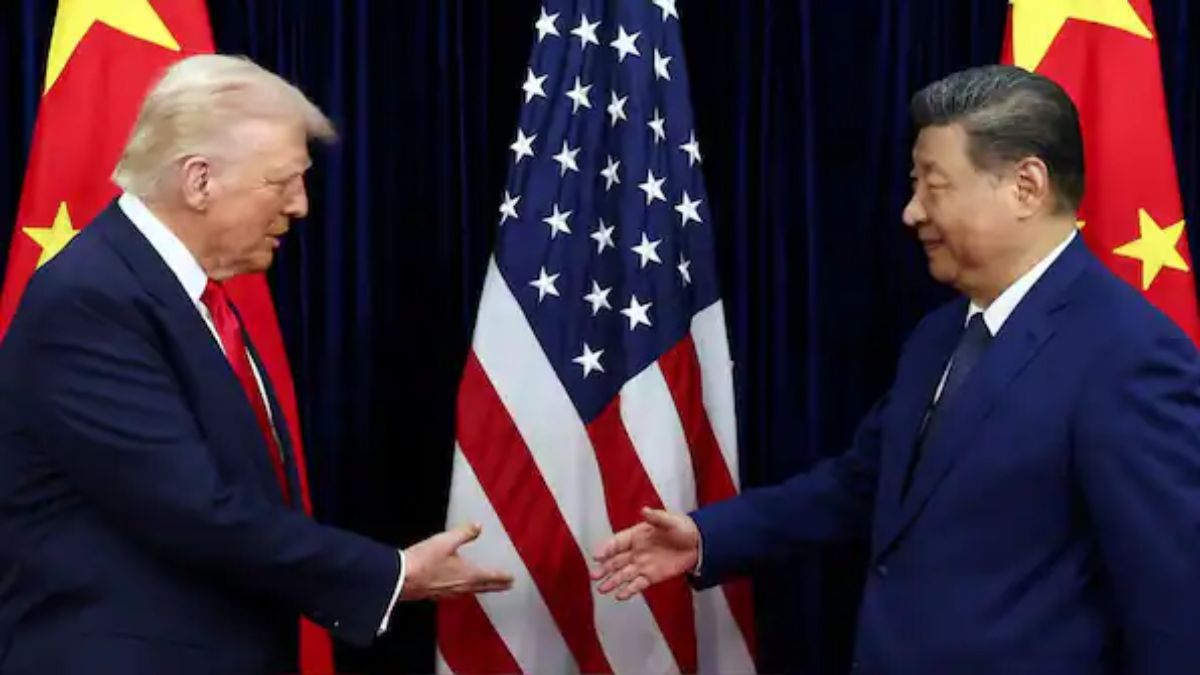)
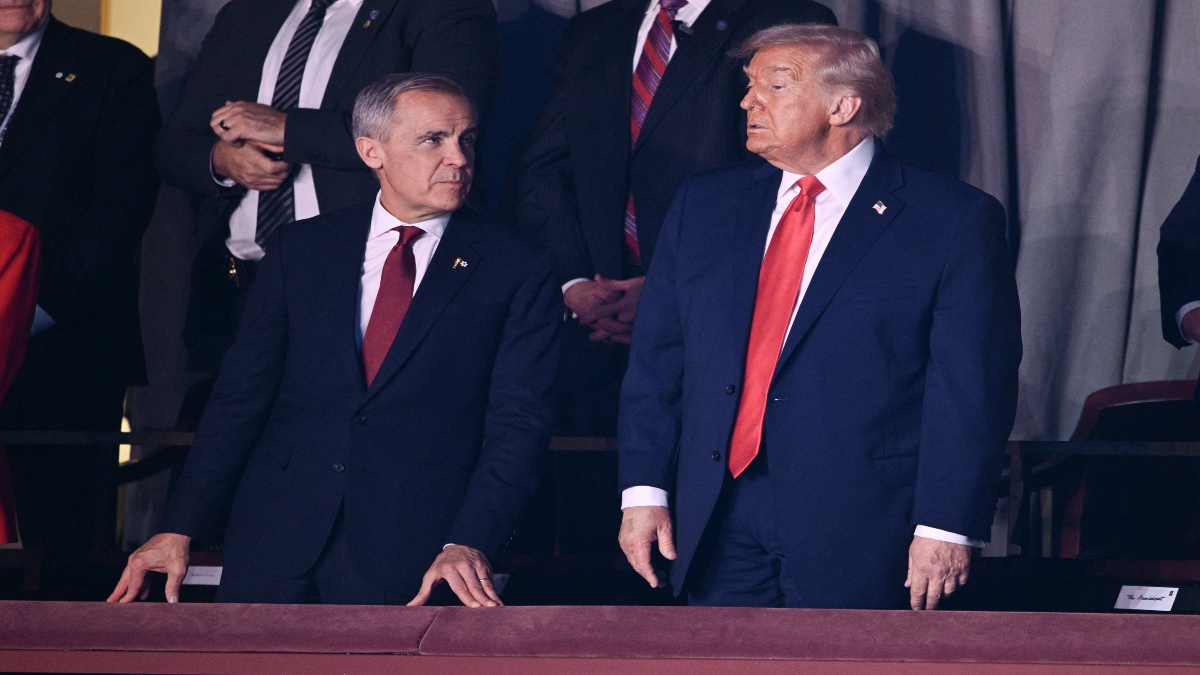)
)
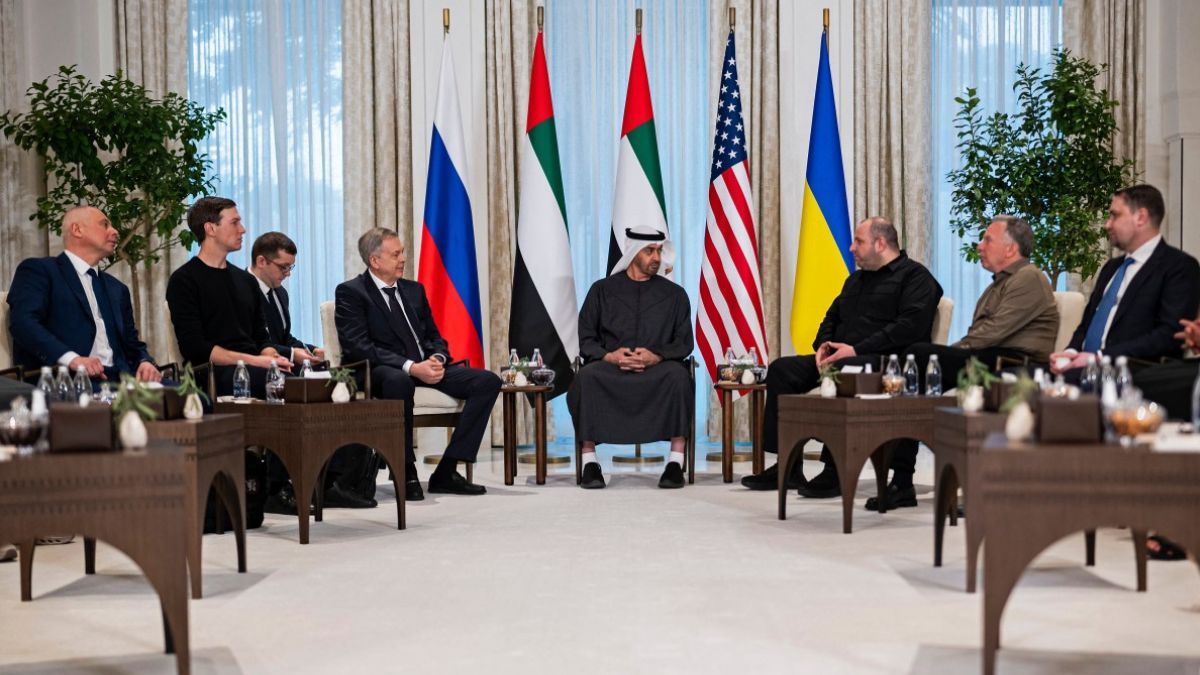)
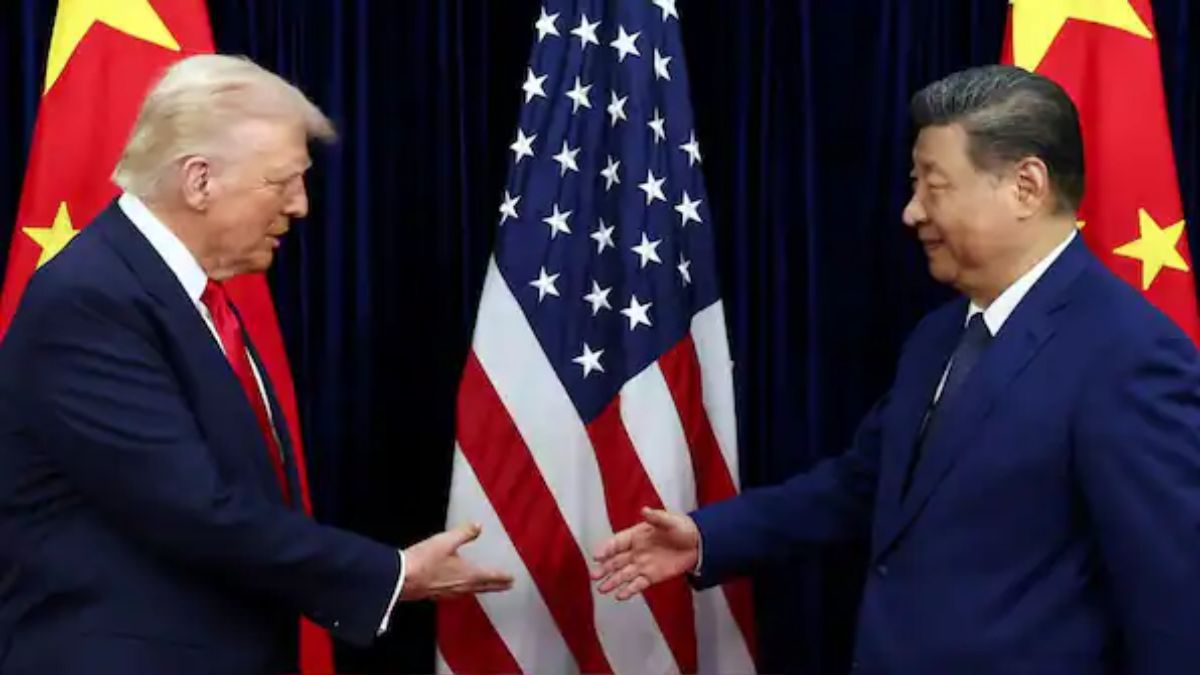)
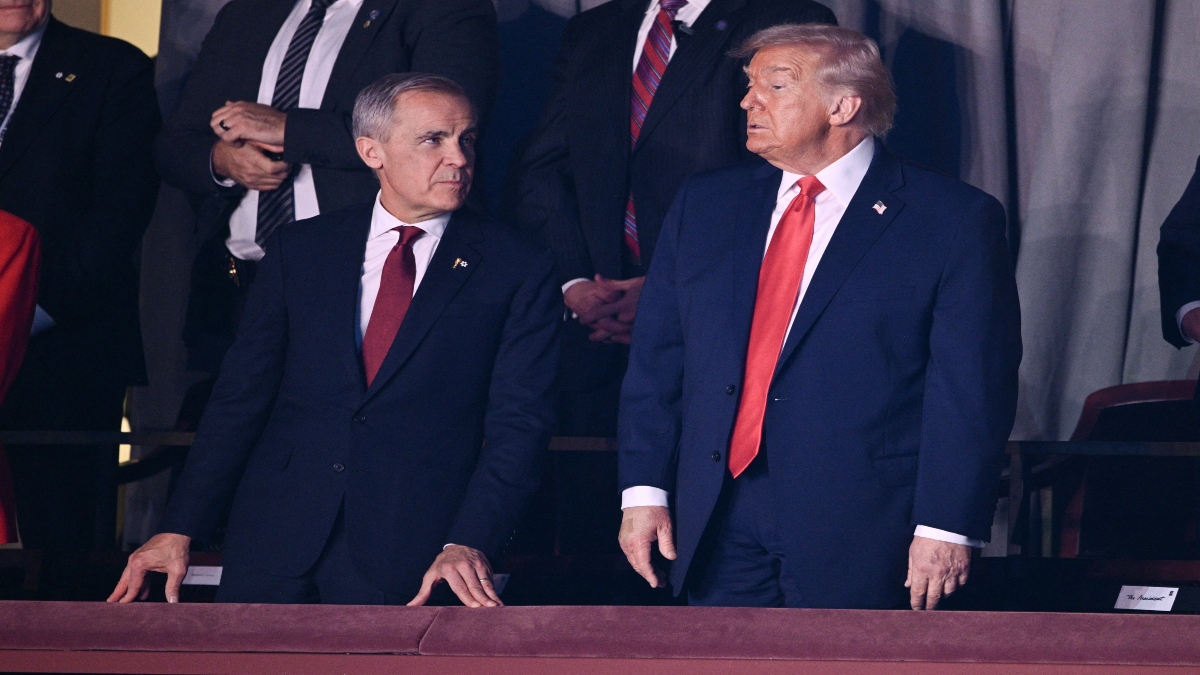)
)
)



